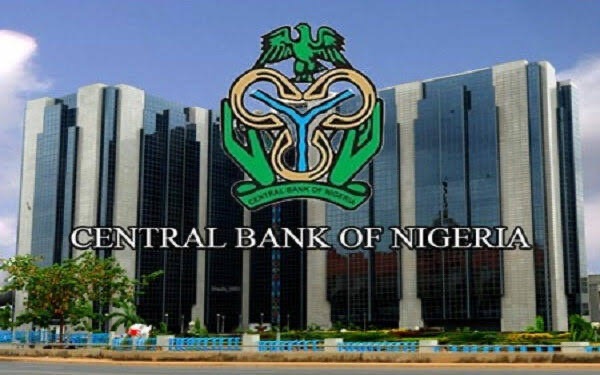The Central Bank of Nigeria (CBN) is set to auction N166.1 billion in Treasury bills, while the United States and India’s data agencies are expected to release consumer price index reports.
The Organisation of the Petroleum Exporting Countries (OPEC) will release its monthly oil market report for June on Wednesday.
Nigeria’s oil output witnessed a decline in May, dipping to 1.25 million barrels per day (mbpd), according to data from the Organisation of Petroleum Exporting Countries (OPEC).
This represents a drop from previous months, raising concerns about the nation’s oil production capacity.
The decline comes after a brief recovery period in April, where production rose to 1.28 mbpd after a slump in March.

The country’s low production has been attributed to massive crude oil theft in Nigeria’s oil-rich Niger Delta, ageing oil fields, poor crude oil terminal maintenance, shutdowns, and reduced investments in the upstream oil and gas sector.
The situation has led to significant revenue losses for the country.
The United States Bureau of Labour Statistics will be releasing the country’s consumer price index on Thursday.
U.S. consumer prices were unexpectedly unchanged in May as cheaper gasoline and other goods offset higher costs for rental housing, but inflation remains too high for the Federal Reserve to start cutting interest rates before September.
In the 12 months through May, inflation fell slightly to 3.3 percent after increasing 3.4 percent in April.
Though the annual increase in consumer prices has slowed from a peak of 9.1 percent in June 2022, inflation continues to run above the Fed’s 2 percent target.
“Though the annual increase in consumer prices has slowed from a peak of 9.1 percent in June 2022, inflation continues to run above the Fed’s 2 percent target.”
Consumer prices have been trending lower since posting solid readings in February and March.
In May, gasoline prices dropped, food prices edged up, and grocery store prices were unchanged amid a 1.3 percent drop in milk. There were also decreases in the prices of nonalcoholic beverages. The prices of fruits and vegetables were unchanged.
But meat, fish, eggs, cereals, and bakery products cost slightly more relative to April. Rents increased 0.4 percent, matching April’s rise.
India’s annual retail inflation is expected to be released on Friday, with analysts expecting it to moderate.
The retail inflation rate eased slightly in May, partly helped by a fall in fuel prices, although food prices remained elevated.
Annual retail inflation in May was 4.75 percent, down from 4.83 percent in April. This figure is lower than the 4.89 percent forecast by 50 economists polled by Reuters.
Food inflation, which accounts for nearly half of the overall consumer price basket, rose 8.69 percent year-on-year in May, compared with an 8.70 percent rise in the previous month. Food prices have been accelerating at more than 8 percent year-on-year since November 2023.
Containing food prices will be one of the key focuses for Prime Minister Narendra Modi, who was recently sworn in for the third term in the world’s most populous nation.
The Central Bank of Nigeria will be auctioning N166.1 billion in NT bills on Thursday.
It will be auctioning N27.11 billion for the 91-day tenor, N1.49 billion for the 182-day tenor, and 137.50 billion for the 364-day tenor.
CBN announced its plan to issue N1.56 trillion in Treasury bills during the third quarter of 2024, matching the amount set to mature between June and August this year.
The amount to be offered in Q3 is 4.87 percent lower than the N1.56 trillion issued in the second quarter of 2024.
Nigeria’s foreign exchange market reached a rare convergence, edging the usual gap between the official and unofficial markets.
As of Thursday, the naira/dollar rate was quoted at N1,520 at both the official and parallel markets, a milestone that compensates for the FX stability and price discovery measures of the central bank.
The relative calmness the naira is witnessing compared to the sharp swings in February follows the projection by Fitch Ratings, an international credit rating agency, which sees the Nigerian currency, the naira, ending the year at 1,450 to the United States of American dollar.
“We project that the naira will average about 1200/dollar this year and end the year around 1450/dollar. And in terms of next year, we see a gradual depreciation, but it also depends largely on the momentum of the momentum of the foreign exchange reforms,” it said.
Though the naira remained weak, the recent moderation is expected to fuel investors’ confidence and halt the sharp rise in inflation.
The local currency is expected to remain calm as Nigeria’s external reserves continue to rise.
In a recent interview, the governor of Nigeria’s central bank expressed confidence in the FX market, affirming that the era of naira volatility has ended.
He said, “Liquidity has come back into the market; the naira panic is over.”.
Olaitan Ibrahim